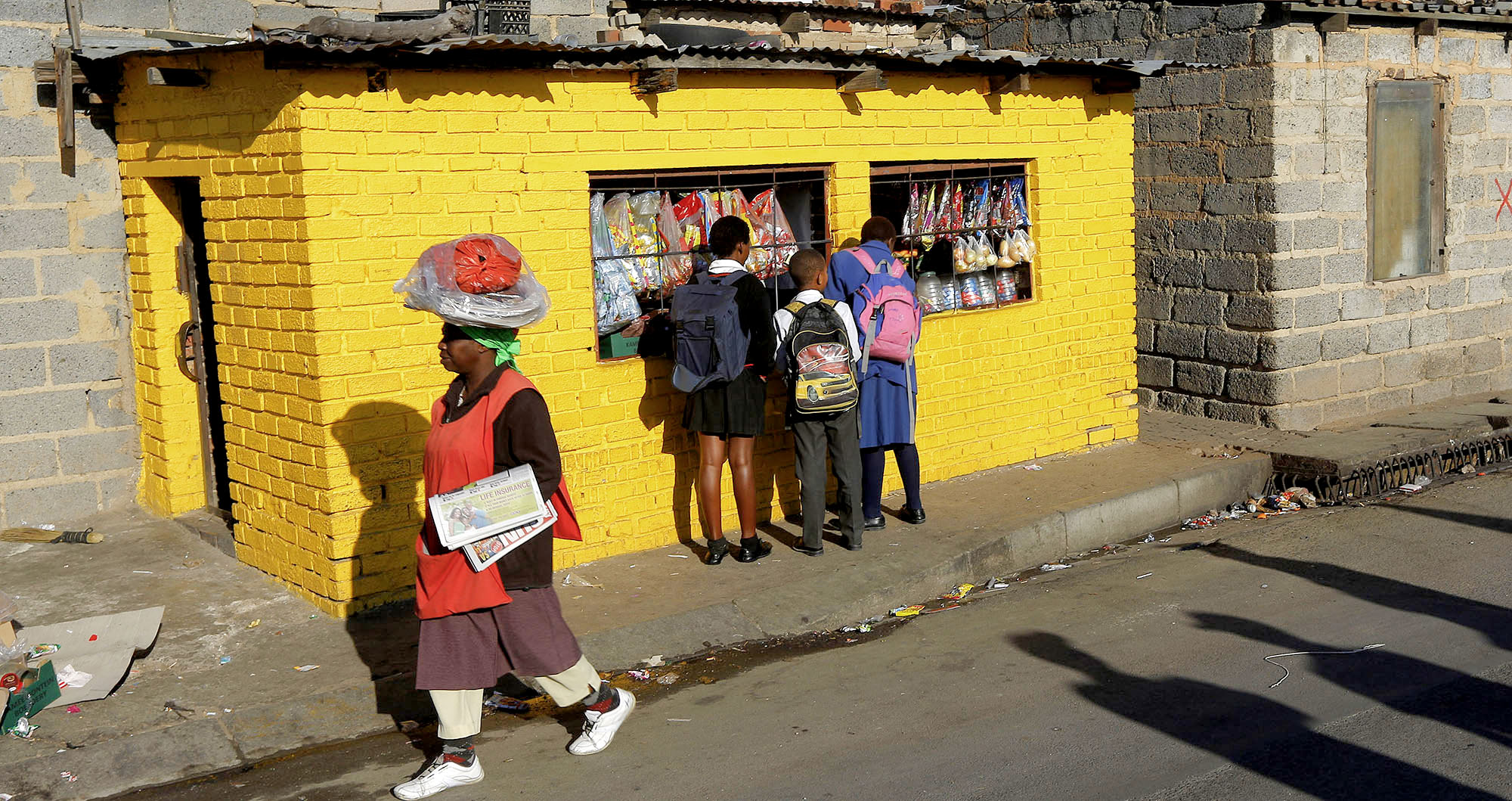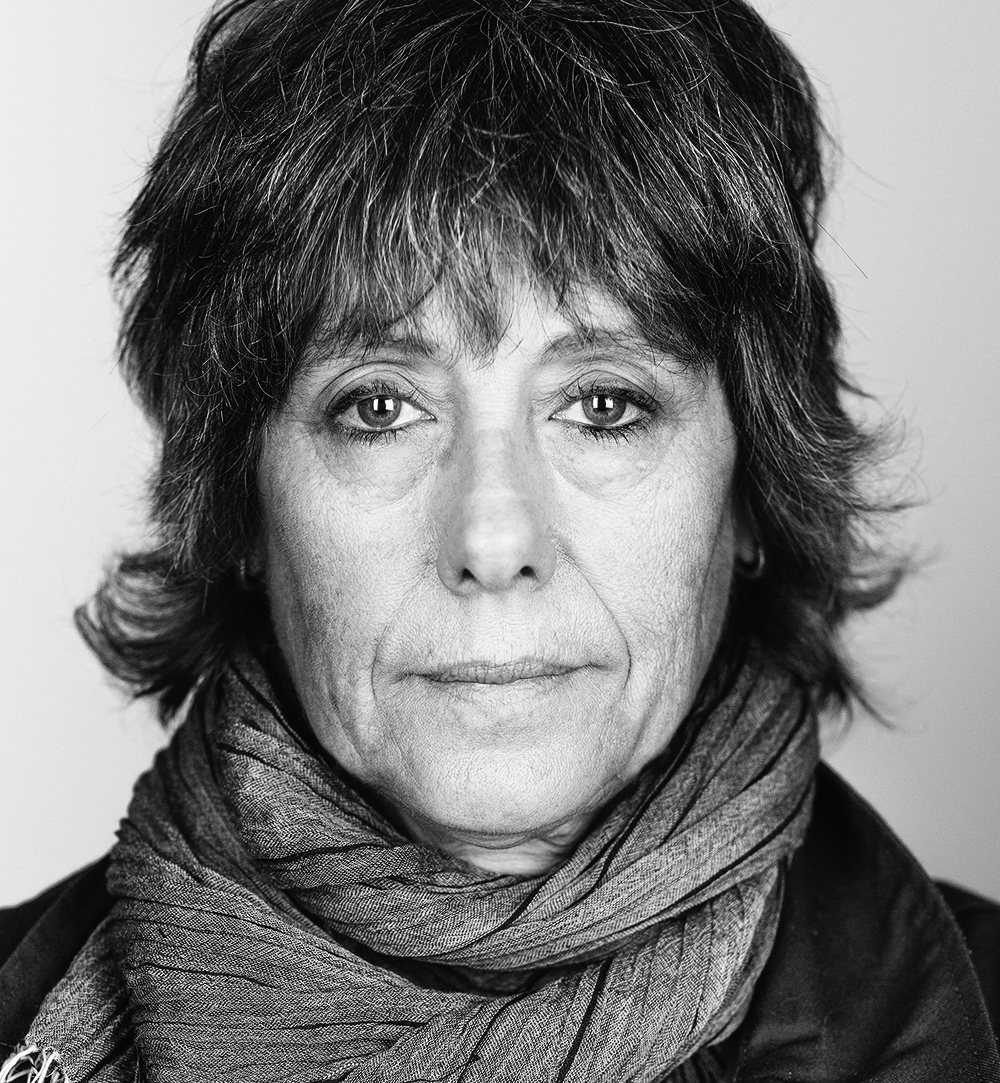Even so, it appears that no criminal action has been taken and that these deadly and effective organophosphates are still widely distributed and used in South Africa.
Minister of Agriculture John Steenhuisen and his team were reporting back to Parliament’s portfolio committee on agriculture on Tuesday, 4 February 2025, in relation to investigations into the use of deadly pesticides in agriculture.
Most European and Southern African Development Community (SADC) countries have banned these poisons in agriculture.
After the deaths of the children, all from Naledi, Soweto, 80 health inspectors under the supervision of experts from the National Institute for Communicable Diseases visited spaza shops in Soweto, attempting to track down the chemical agent responsible for the deaths.
Read more: Tragic deaths of six Soweto children linked to lethal organophosphate poisoning – investigation ongoing
Non-compliance
On Tuesday, Maluta Mudzunga, Director: Agricultural Inputs Control at the Department of Agriculture, Forestry and Fisheries, told the committee that “notice” had been issued to one company manufacturing and distributing the highly toxic poisons, while another had “suspended selling until they comply”.
ActionSA’s Athol Trollip asked what good it did to hand notices to non-compliant manufacturers and distributors when the origin of the product could not be traced.
“Terbufos is good at what it does. That is why it is used in the black market for dogs that kill livestock, and vermin in unhygienic food trading places,” he said.
There was “unlicensed or unauthorised use” across the country “by all sectors, willingly or unwillingly” added Trollip, adding that its use should be outlawed immediately.
No leads from street vendors
Mudzunga said that there had been no record keeping, no training, no toxicity levelling at one manufacturing company, while tracing the origin of the supply to vendors had proved difficult as no one could pinpoint who this was.
“They all said they got it from someone who got it in town,” he said.
Studies had been conducted, he told the committee in 2010 and 2019, “also associated with poisoning” and that “so far we have done what is needed to make sure we go to the street together with other departments to take out these products”.
 Policemen during an inspection of spaza shops in Kwazakhele, Gqeberha, on 11 Novembe 2024. (Photo: Gallo Images / Die Burger / Lulama Zenzile)
Policemen during an inspection of spaza shops in Kwazakhele, Gqeberha, on 11 Novembe 2024. (Photo: Gallo Images / Die Burger / Lulama Zenzile)
 An inspection officer holds banned insecticide found inside a spaza shop in Naledi, Soweto. (Photo: Lerato Mutsila)
An inspection officer holds banned insecticide found inside a spaza shop in Naledi, Soweto. (Photo: Lerato Mutsila)
 Consumer Goods Council staff with law enforcement during an inspection of local spaza shops in Naledi on October 14, 2024, in Soweto. This follows the tragic deaths of six children, allegedly after they ate suspected poisoned food. (Photo: Gallo Images / Fani Mahuntsi)
Consumer Goods Council staff with law enforcement during an inspection of local spaza shops in Naledi on October 14, 2024, in Soweto. This follows the tragic deaths of six children, allegedly after they ate suspected poisoned food. (Photo: Gallo Images / Fani Mahuntsi)
 Mourners at the funeral service of children who died after allegedly consuming snacks from a local spaza shop, in Naledi, Soweto, on 13 October 2024. (Photo: Gallo Images / Sharon Seretlo)
Mourners at the funeral service of children who died after allegedly consuming snacks from a local spaza shop, in Naledi, Soweto, on 13 October 2024. (Photo: Gallo Images / Sharon Seretlo)
Trollip noted that South Africa had made a commitment to phase out highly hazardous pesticides used in agriculture and elsewhere by June 2025, while Madzunga had said this would be more like 2035.
“Why wait 10 years?” he asked.
Committee chairperson Dina Pule noted that while listening to the presentation she noted that farmers in Europe and the SADC region were no longer using these toxic agents.
“If it is not good enough for the people of Europe, and our SADC counterparts like Malawi, Tanzania and Zimbabwe feel it is not right for their people, why should it be for ours?”
The question that begged an answer was how to monitor the manufacturers and distributors as the issue had already been raised as far back as 2010, said Pule.
Steenhuisen replied Pule’s question was a correct one to ask and that the use of the organophosphates would have to be phased out as farmers in South Africa could suffer from crop failures if these fertilisers and pesticides, which were highly effective in crop yields, were suddenly banned and removed from circulation.
“It is a process, not an event. New techniques and technologies are expensive, but we will put in place bridging mechanisms for small farmers, family farmers to get on to better farming regimes,” he said. DM




 Mourners at the funeral service at the Naledi, Soweto, community hall on 13 October 2024 for six children who died of Terbufos poisoning. (Photo: Gallo Images / Sharon Seretlo)
Mourners at the funeral service at the Naledi, Soweto, community hall on 13 October 2024 for six children who died of Terbufos poisoning. (Photo: Gallo Images / Sharon Seretlo) 